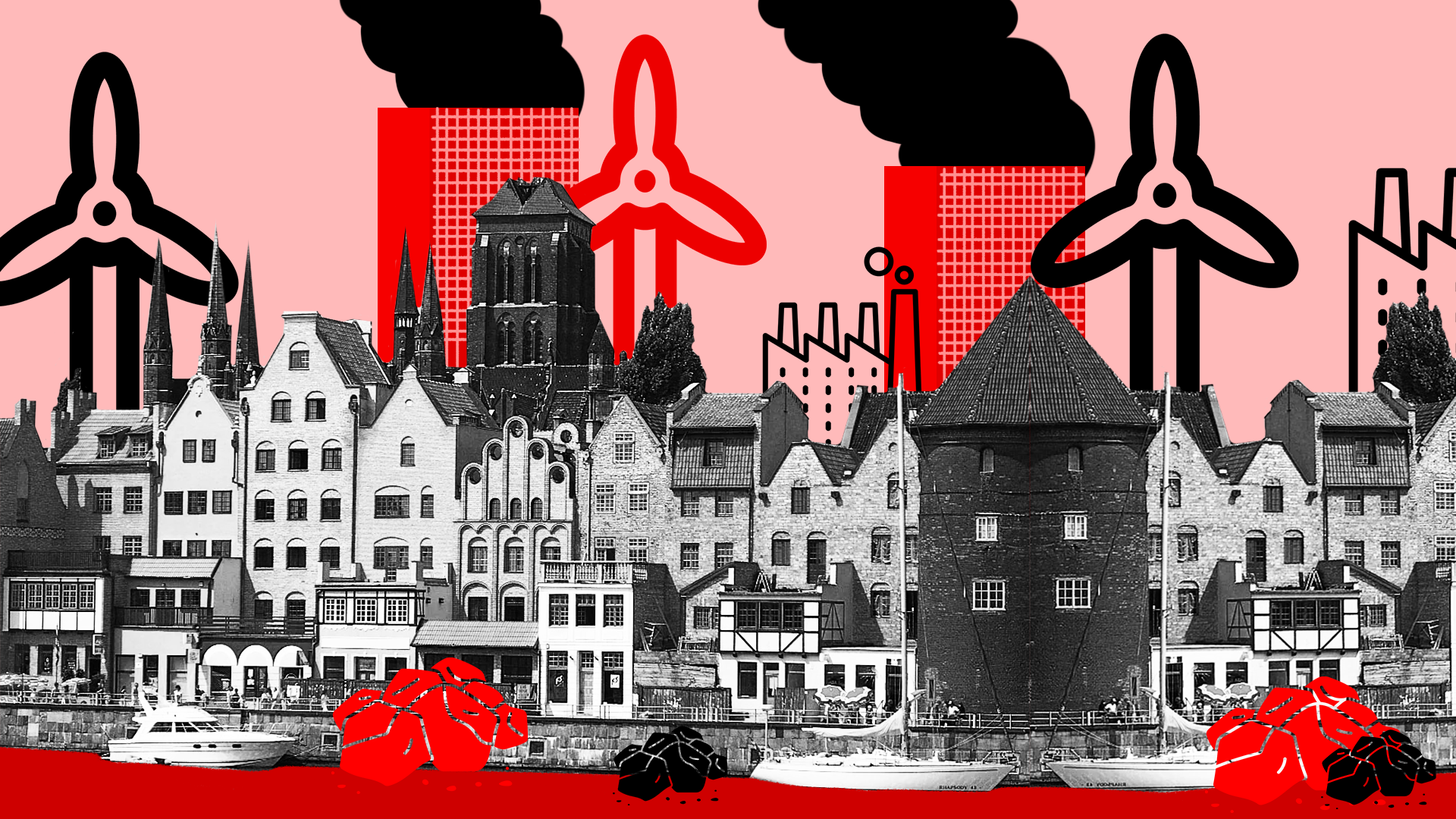Central and Eastern Europe has substantial investment potential, but there are pitfalls and many conditions: large corporations demand sustainable solutions and green energy nowadays. In Poland, giant companies such as Google, Amazon, IKEA, and Mercedes approached lawmakers to support such solutions, but it is still to be seen how much the Polish market is willing to become greener.
The Polish market may lose its competitiveness and attractiveness if it does not adapt to the new challenges and start looking for solutions. Some corporations even called on Polish decision-makers to show more willingness to back green energy. Google, Amazon, Mercedes, and IKEA urge the prime minister and the parliament to support green investment. They have also proposed changes to the law regulating the installation of wind farms as they deem the current overregulation of wind parks hampers the spread of green energy in the country.
Poland is not a green country: The country is the last one on the EU ranking (with 34 points out of 100), measuring the state of the environment, its effect on the quality of life, and efforts by politicians, businesses, and citizens to address climate issues. Moreover, although the share of renewable energy increased from 7 to 17 percent between 2010 and 2021, Poland still predominantly uses coal to generate electricity, the 71 percent in 2021 means the highest share in the EU.

Despite the expectation of many multinational corporations, Poland does not really aim to be greener. The aforementioned wind farm law proposal could have been a step in spreading sustainable solutions, as it would have set a shorter minimum distance between residential buildings and wind turbines. The Sejm (the lower house of the Polish parliament) passed the bill, but the ruling Law and Justice (PiS) party tabled an amendment to change the minimum distance from 500 to 700 meters at the last minute. The extra 200 meters may not seem significant at first glance, but experts say it is relevant enough to make future investments impossible.
The ruling party’s move disappointed several market players, who have expressed their opposition in a letter signed by Amazon, IKEA, Mercedes, Google, the Polish Steel Association, and the Polish Chamber of Automotive Industry, among others. They argued that „changing the minimum distance from 500 to 700 meters significantly reduces the potential of onshore wind energy in the coming decade, and thus the amount of green energy in the grid.” “With such a high demand for additional gigawatts of renewable energy capacity from both businesses and Polish consumers, we believe that any attempt to limit further development of wind energy is a missed opportunity for Poland to attract new investments.”

They added that „the new capacity from wind sources would also significantly contribute to ensuring energy security, lowering bills, and creating new jobs for Polish citizens. The corporate giants also stressed that they see a massive opportunity for further growth in Central and Eastern Europe, but sustainability goals cannot be ignored in the region.
In fact, the corporate giants pushing for sustainable and renewable solutions in Poland have already established a strong foothold in the country: For instance, IKEA opened its Home of Tomorrow project in 2020, featuring rooms with green solutions in a once-abandoned tenement building in downtown Szczecin. Amazon also has a strong presence in Poland, employing tens of thousands of Poles, and they launched their Polish site in 2021. So, multinational corporate giants are deeply interested in convincing Polish lawmakers to change their attitude and put more emphasis on the promotion of renewable energy.
Graphics: Réka Pisla

Condensing a generational experience into a cartoon | Interview with Berlinale laureate animation filmmaker Domonkos Erhardt

Monumental yet cozy: Czech No Architects design new interior in Prague










